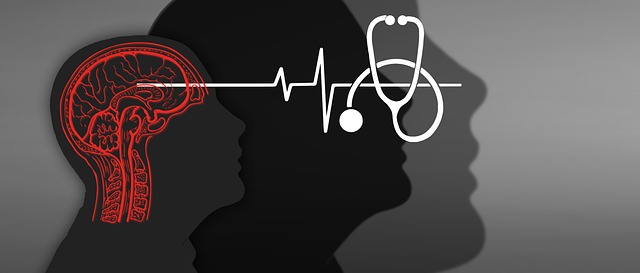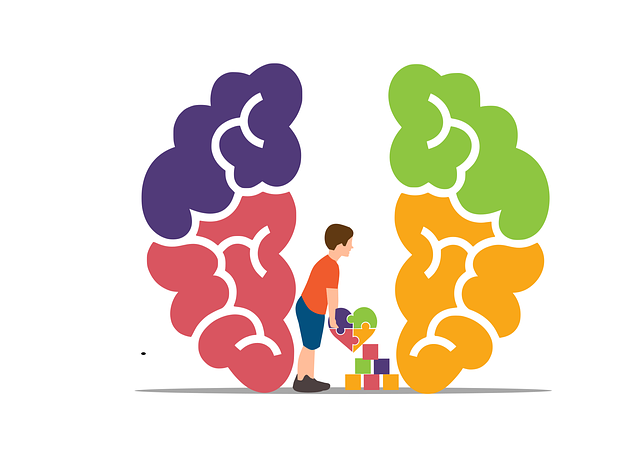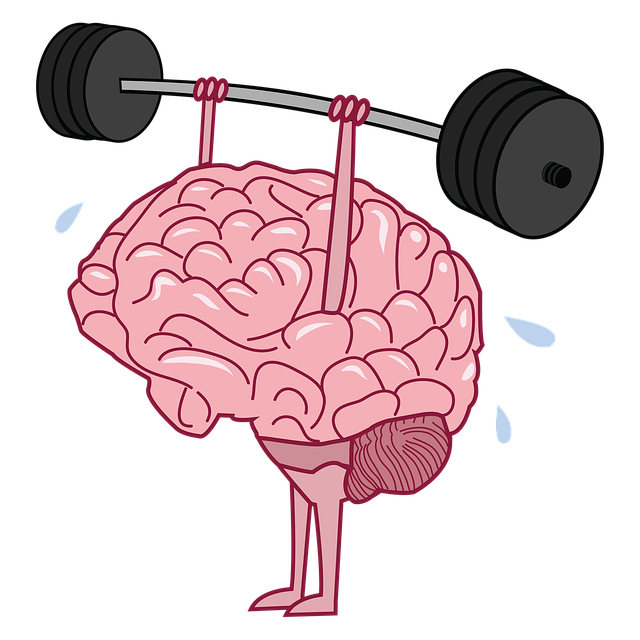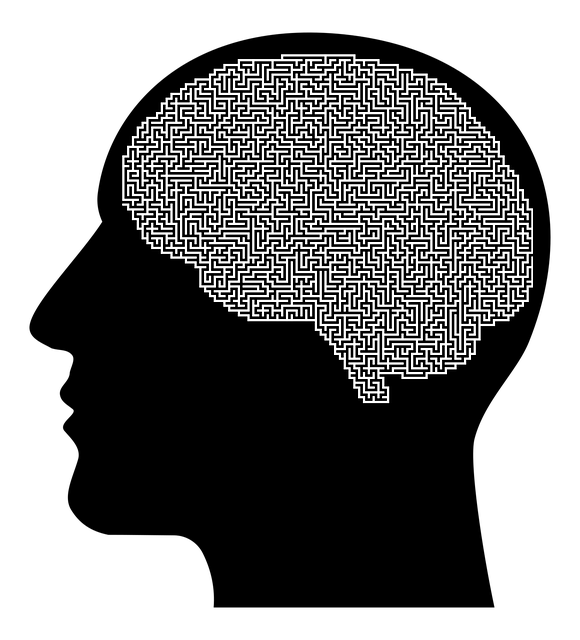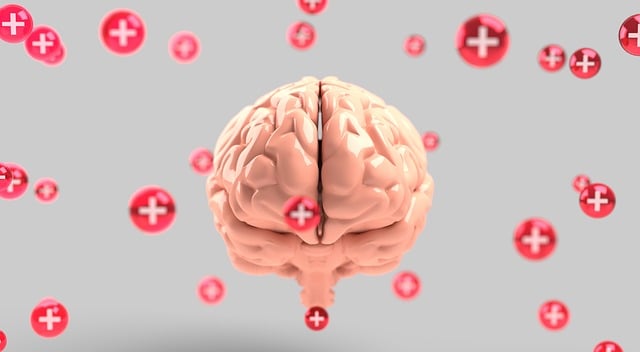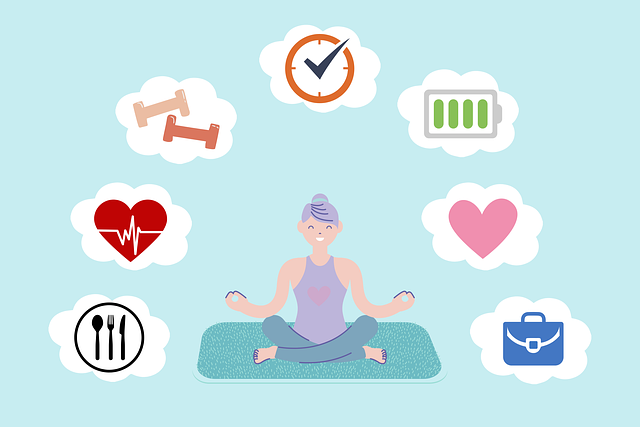Mental wellness is a vital component of overall health, impacting daily life, relationships, and work performance. Wheat Ridge Children Therapy emphasizes that poor mental health affects communities and society as a whole. Effective management involves recognizing distress signs, seeking support, and adopting healthy coping strategies like mindfulness, exercise, therapy, and social connections. Creating a self-care routine for mental wellness is akin to tending a garden, requiring dedication and strategic planning. Wheat Ridge Children Therapy offers valuable resources for early intervention, fostering self-love and reducing mental illness stigma through practices that emphasize Mind Over Matter, community outreach, and social skills training.
“Unwind, rejuvenate, and embrace a balanced mind—discovering your mental wellness self-care routine is a transformative journey. This comprehensive guide delves into the essence of mental health and its influence on daily life. Learn how identifying personal needs and setting achievable goals can empower you. Explore practical strategies for crafting a nurturing routine tailored to your unique requirements. For expert insights, Wheat Ridge Children’s Therapy shares invaluable tips to seamlessly integrate self-care into your lifestyle, fostering holistic well-being.”
- Understanding Mental Wellness and Its Impact on Daily Life
- Identifying Personal Needs and Setting Self-Care Goals
- Crafting a Routine: Practical Strategies for Self-Nurturing
- Integrating Self-Care into Your Lifestyle: Tips from Wheat Ridge Children's Therapy
Understanding Mental Wellness and Its Impact on Daily Life

Mental wellness is a vital aspect of overall health, encompassing our emotional, psychological, and social well-being. It affects how we think, feel, and act in our daily lives, impacting our relationships, work performance, and general quality of life. Recognizing and prioritizing mental wellness is essential for maintaining balance and resilience in the face of life’s challenges. At Wheat Ridge Children Therapy, we understand that mental health issues can significantly impair a person’s ability to function and enjoy their daily routines.
The impact of poor mental wellness extends beyond the individual, influencing relationships, communities, and societal functions. Effective mental wellness management involves recognizing signs of distress, seeking appropriate support, and adopting healthy coping strategies. This includes practices such as mindfulness, exercise, therapy, and building strong social connections. By integrating these into daily routines, individuals can improve mood management, enhance resilience to stress, and foster a deeper sense of well-being that supports their overall mental health. Community outreach programs and crisis intervention guidance play crucial roles in promoting mental wellness awareness and ensuring individuals have access to necessary support systems.
Identifying Personal Needs and Setting Self-Care Goals

Identifying your unique personal needs is a crucial step in developing an effective self-care routine for mental wellness. This process involves introspection and an honest assessment of what brings you joy, relaxes you, and helps you recharge. It could be as simple as carving out time for nature walks or engaging in creative pursuits like painting or writing. For some, it might mean learning stress management techniques or exploring therapy options, such as those offered by Wheat Ridge Children’s Therapy, to address underlying issues.
Setting specific self-care goals is the next vital step. These goals should be achievable and tailored to your identified needs. For example, if you’ve realized that managing anxiety is a priority, setting a goal like “I will practice mindfulness meditation for 10 minutes daily” is concrete and measurable. Regularly reviewing and adjusting these goals, guided by ongoing self-reflection, ensures that your self-care routine remains relevant and beneficial, fostering improved mental wellness.
Crafting a Routine: Practical Strategies for Self-Nurturing

Creating a mental wellness self-care routine is akin to tending to a garden; it requires dedication and a strategic approach. The first step involves identifying personal needs, much like recognizing the unique requirements of various plants in your garden. Start by evaluating your current stressors and emotional states. Is anxiety a persistent companion? Does depression cast a shadow over your days? Understanding these aspects is crucial for tailoring a routine that addresses specific concerns.
Consider incorporating practices such as mindfulness meditation, gentle yoga, or even a daily walk in nature to nurture your mental garden. These activities, similar to providing the right nutrients and sunlight, support stress reduction methods and promote overall well-being. Wheat Ridge Children’s Therapy emphasizes the importance of early intervention and nurturing, making it an ideal resource for those seeking guidance on self-care routines. By dedicating time to compassion cultivation practices, one can also foster a sense of self-love and reduce the impact of mental illness stigma reduction efforts, creating a healthier and more resilient mindset.
Integrating Self-Care into Your Lifestyle: Tips from Wheat Ridge Children's Therapy

At Wheat Ridge Children’s Therapy, we believe that integrating self-care into your lifestyle is a cornerstone of mental wellness. Our therapists emphasize Mind Over Matter principles, encouraging children and parents alike to prioritize emotional well-being through regular practices. Start by identifying small moments throughout your day—a few minutes of quiet reading, a short walk in nature, or engaging in a hobby you love—and make them non-negotiable. Consistency is key; even brief periods of self-care can have significant, positive impacts over time.
Wheat Ridge Children’s Therapy also highlights the importance of community outreach program implementation and social skills training as complementary strategies. By fostering connections with others and practicing healthy communication, individuals can enhance their mental wellness journey. Incorporating these elements into your routine ensures a holistic approach to self-care, promoting resilience and overall well-being within our supportive community.
Developing a mental wellness self-care routine is a transformative journey, one that can greatly enhance your overall well-being. By understanding the impact of mental health on daily life and identifying personal needs, you can set meaningful goals. Utilizing practical strategies and incorporating these into your lifestyle, as advised by Wheat Ridge Children’s Therapy, will foster a nurturing routine. Embrace these steps to cultivate resilience, improve coping mechanisms, and ultimately, thrive in all aspects of your life.


